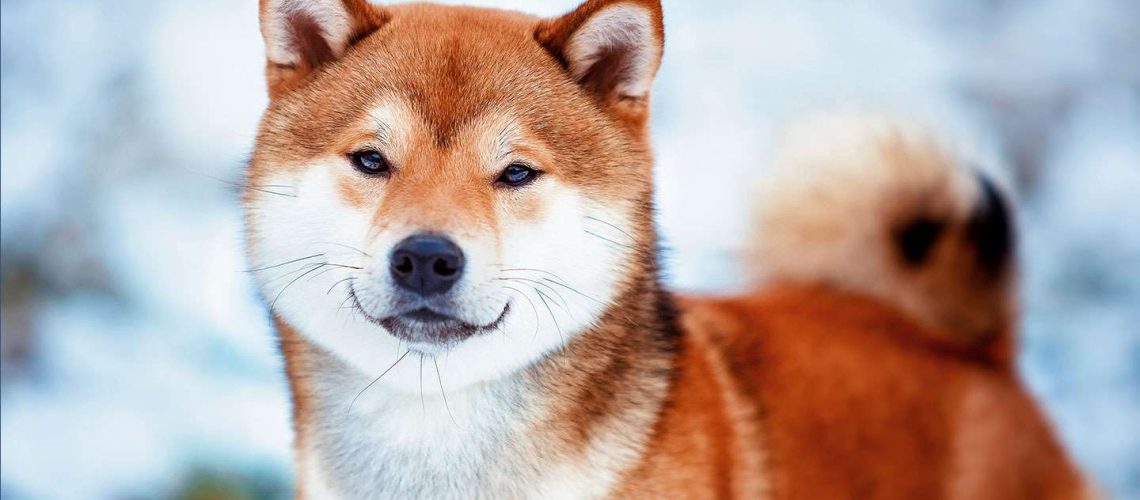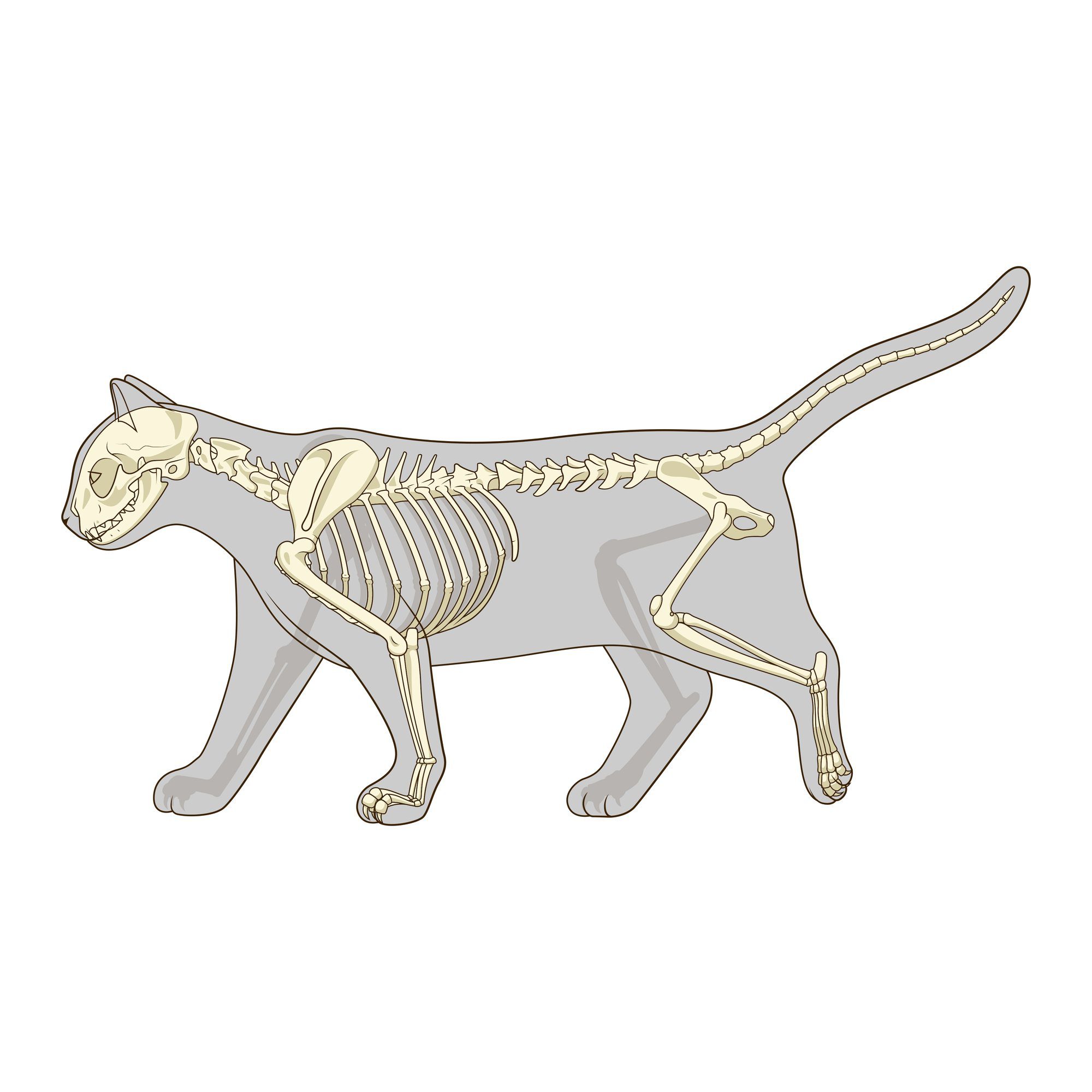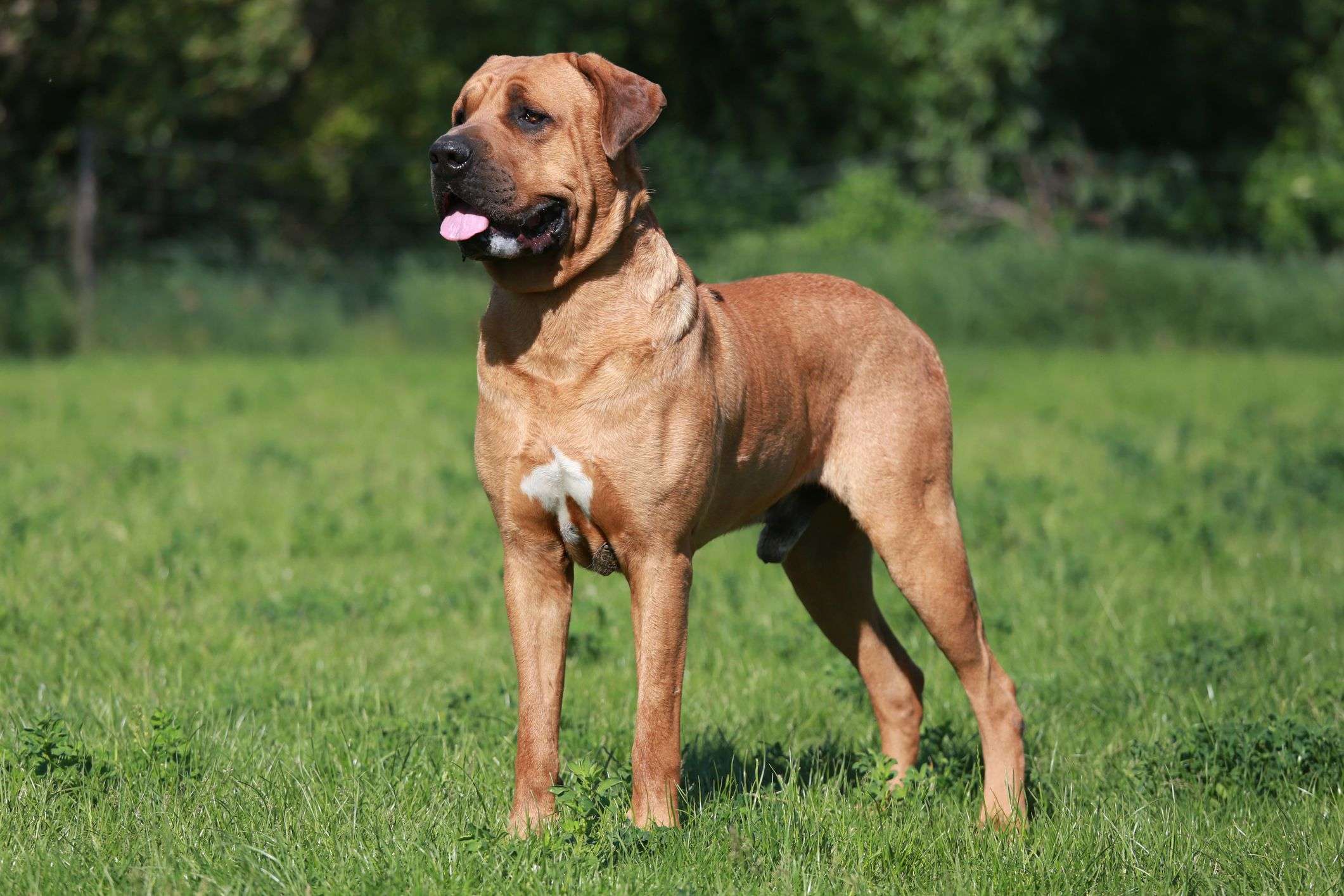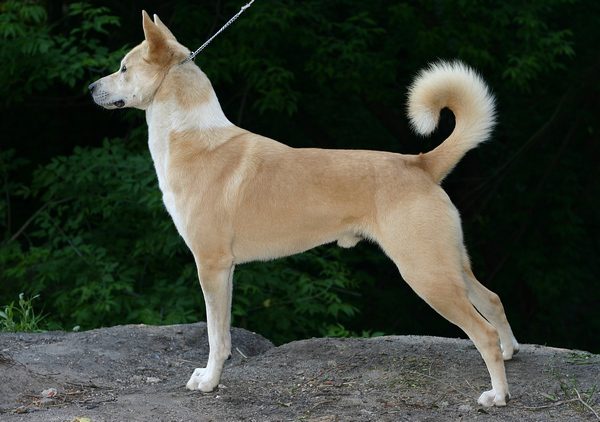Key Takeaways:
- Shiba Inus are a small and compact breed known for their spirited and independent nature.
- They have a thick double coat that requires regular brushing to prevent matting and shedding.
- Shiba Inus are generally healthy dogs, but they can be prone to certain genetic health issues such as hip dysplasia and allergies.
- Training a Shiba Inu can be challenging due to their strong-willed personality, so early socialization and consistent positive reinforcement are essential.
- Regular exercise is important for Shiba Inus to prevent boredom and destructive behavior, as they have high energy levels and need mental stimulation.
Are you ready to embark on a journey into the fascinating world of Shiba Inus? These adorable dogs are not only incredibly cute, but they also possess a unique set of characteristics that make them stand out from other breeds. Whether you're considering getting a Shiba Inu as a pet or simply curious about these lovable creatures, delving into this subject will provide you with valuable insights and knowledge. Understanding the characteristics and care required for this breed is essential to ensure a happy and healthy life for your furry friend. So, let's dive in and explore everything there is to know about Shiba Inus: their playful nature, their independent spirit, and how to provide them with the best care possible. Get ready to become an expert in all things Shiba Inu!
What is a Shiba Inu and what makes it unique?
A Shiba Inu is a small to medium-sized dog breed that originated in Japan. They are known for their distinctive appearance, with a fox-like face, erect ears, and a curly tail. The Shiba Inu has a thick double coat that comes in various colors such as red, sesame, black and tan, or cream.
What makes the Shiba Inu unique is its spirited and independent nature. They have a strong sense of self and can be quite stubborn at times. Despite their small size, they are confident and fearless dogs. Shiba Inus are also known for their cleanliness and will often groom themselves like cats.
Distinctive Features of the Shiba Inu:
- Fox-like appearance
- Erect ears
- Curly tail
- Thick double coat
Fun Fact:
The Shiba Inu is one of the oldest and smallest native Japanese dog breeds.
The temperament of a Shiba Inu and the best owner for this breed
The temperament of a Shiba Inu can be described as alert, bold, and independent. They have a strong personality and are not afraid to express themselves. While they can be loyal and affectionate towards their family members, they may be reserved or aloof with strangers.
The best owner for a Shiba Inu is someone who understands their independent nature and is willing to provide consistent training and socialization from an early age. These dogs thrive in an environment where there are clear rules and boundaries set by their owner. It's important to establish yourself as the pack leader using positive reinforcement techniques.
Temperament Traits of a Shiba Inu:
- Alert
- Bold
- Independent
- Loyal to family
- Aloof with strangers
Tips for Owning a Shiba Inu:
- Provide consistent training and socialization.
- Establish yourself as the pack leader using positive reinforcement techniques.
- Set clear rules and boundaries for your Shiba Inu.
- Be patient and understanding of their independent nature.
Common health issues in Shiba Inus and how to keep them healthy
1. Allergies:
Shiba Inus can be prone to allergies, which may cause itching, skin irritations, or digestive problems. Common allergens include certain foods, pollen, dust mites, or fleas. To keep your Shiba Inu healthy, it's important to identify and avoid these triggers. Regularly clean their bedding and living areas to minimize exposure to allergens. Consult with a veterinarian to determine the best diet for your Shiba Inu and consider hypoallergenic options if necessary.
2. Patellar Luxation:
Patellar luxation is a condition where the kneecap dislocates from its normal position. It can cause pain and difficulty in walking for Shiba Inus. Regular exercise and maintaining a healthy weight can help prevent this condition. If you notice any limping or abnormal movement, consult with a veterinarian for proper diagnosis and treatment options.
3. Dental Issues:
Shiba Inus are prone to dental problems such as tartar buildup, gum disease, and tooth decay. To maintain their oral health, it's essential to brush their teeth regularly using a dog-friendly toothbrush and toothpaste. Providing dental chews or toys designed to promote chewing can also help reduce plaque formation. Schedule regular dental check-ups with a veterinarian to address any potential issues early on.
Tips for keeping your Shiba Inu healthy:
- Provide a balanced diet tailored to their specific needs.
- Ensure they have access to fresh water at all times.
- Engage in regular exercise routines that suit their energy levels.
- Schedule routine veterinary check-ups for vaccinations and preventive care.
- Keep up with grooming needs such as nail trimming and ear cleaning.
Exercise needs of a Shiba Inu and fun activities to keep them mentally stimulated
Exercise Requirements:
Shiba Inus are an active breed that requires regular exercise to maintain their physical and mental well-being. Aim for at least 30-60 minutes of exercise daily, which can include brisk walks, jogging, or playing fetch in a securely fenced area. Mental stimulation is equally important for this intelligent breed.
Fun Activities for Mental Stimulation:
1. Puzzle Toys: Provide interactive puzzle toys that challenge your Shiba Inu's problem-solving skills. These toys often involve hiding treats or requiring the dog to manipulate parts to access rewards.
2. Nose Work: Engage your Shiba Inu's keen sense of smell by hiding treats around the house or using scent detection games.
3. Agility Training: Set up an agility course in your backyard or attend classes specifically designed for dogs. This activity not only provides physical exercise but also mental stimulation as they navigate through obstacles.
4. Obedience Training: Teach your Shiba Inu new commands and tricks using positive reinforcement techniques. This helps keep their minds engaged while strengthening the bond between you and your dog.
Remember, each Shiba Inu is unique, so it's essential to tailor activities based on their individual preferences and energy levels.
Grooming requirements for Shiba Inus and how often to brush or bathe them
Brushing:
Shiba Inus have a thick double coat that sheds heavily twice a year. Regular brushing helps remove loose fur and prevents matting. Use a slicker brush or undercoat rake to reach the dense undercoat effectively. Aim to brush your Shiba Inu at least once a week, increasing frequency during shedding seasons.
Bathing:
Shiba Inus are generally clean dogs and do not require frequent baths. Over-bathing can strip their coat of natural oils, leading to dry skin. Aim to bathe your Shiba Inu every 2-3 months or as needed, using a mild dog shampoo. Regularly check their ears for dirt or wax buildup and clean them gently with a veterinarian-approved ear cleaner.
Grooming Tips:
- Trim your Shiba Inu's nails regularly to prevent overgrowth and discomfort.
- Brush their teeth at least 2-3 times a week to maintain good oral hygiene.
- Check for any signs of skin irritations, fleas, or ticks during grooming sessions.
- Use positive reinforcement techniques and rewards to make grooming a positive experience for your Shiba Inu.
Getting along with other pets: Can Shiba Inus be friends with cats and smaller dogs? Are they good with children?
Shiba Inus have a strong prey drive due to their hunting background, which can make it challenging for them to get along with smaller animals like cats or small dogs. However, early socialization and proper introductions can help foster positive relationships. It's important to supervise interactions between a Shiba Inu and smaller pets until trust is established.
When it comes to children, Shiba Inus can be good companions if raised together from an early age. However, due to their independent nature, they may not tolerate rough handling or excessive noise from young children. Always teach children how to interact respectfully with dogs and supervise their interactions.
Remember that each dog's temperament may vary, so it's crucial to assess individual personalities when introducing new pets or children into the household.
Training tips for independent Shiba Inus: Establishing yourself as the pack leader using positive reinforcement techniques
Shiba Inus are known for their independent nature, which can make training challenging. However, with the right approach and consistency, you can establish yourself as the pack leader and effectively train your Shiba Inu.
Positive Reinforcement Techniques:
- Use rewards such as treats, praise, or playtime to motivate your Shiba Inu during training sessions.
- Break down commands into small steps and gradually increase difficulty.
- Be patient and consistent with your training efforts. Short, frequent sessions work best for Shiba Inus.
- Avoid harsh punishments or negative reinforcement methods as they can lead to fear or aggression.
Tips for Training Success:
- Start training from an early age to establish good habits and reinforce positive behaviors.
- Socialize your Shiba Inu with various people, animals, and environments to build their confidence.
- Use high-value treats or toys as rewards to keep them engaged during training.
- Enroll in obedience classes or seek guidance from a professional dog trainer if needed.
By using positive reinforcement techniques and understanding their independent nature, you can successfully train your Shiba Inu while strengthening the bond between you and your furry companion.
In conclusion, Shiba Inus are a unique and independent dog breed known for their spirited personality and loyalty. Taking good care of them involves regular exercise, proper grooming, and providing a loving environment to thrive in.
Is Shiba Inu high maintenance?
Shiba Inu dogs are typically easy to take care of and don't require much maintenance. However, they do shed a lot, especially during the Spring and Autumn seasons, and their coat doesn't need to be trimmed. It is recommended to brush your Shiba once a week to remove excess hair.
Are Shiba Inus good house dogs?
Shibas love playing in the backyard, but also thrive in apartment living as long as their owner is okay with occasional energetic bursts in the living room. They are very attached to their owners and need lots of love and attention to be content. They are most comfortable as indoor pets.
What are the pros and cons of a Shiba Inu?
Shiba Inus can be an excellent choice as a pet because they are highly loyal and energetic. Originally bred as hunting dogs, they are ideal companions for long walks and hikes. However, they can be stubborn, so it is crucial to begin their training at a young age.
What you need to know about Shiba dogs?
Shiba Inus are lively and observant canines that excel as outdoor companions and indoor guard dogs. They possess a serious and dignified demeanor, but can also exhibit a playful nature when they choose to do so. They are independent and resistant to unwanted commands.
Do Shiba Inu bark a lot?
Shiba Inu dogs are generally not very vocal and only bark when they have a reason to or when they are feeling happy and playful.
Do Shiba Inus bond with their owners?
The Shiba Inu is a dog breed known for its confidence. They have a temperament that is alert, loyal, and full of energy, and they often develop strong attachments to their owners. However, they can also be independent and protective, with a strong instinct for hunting.

















